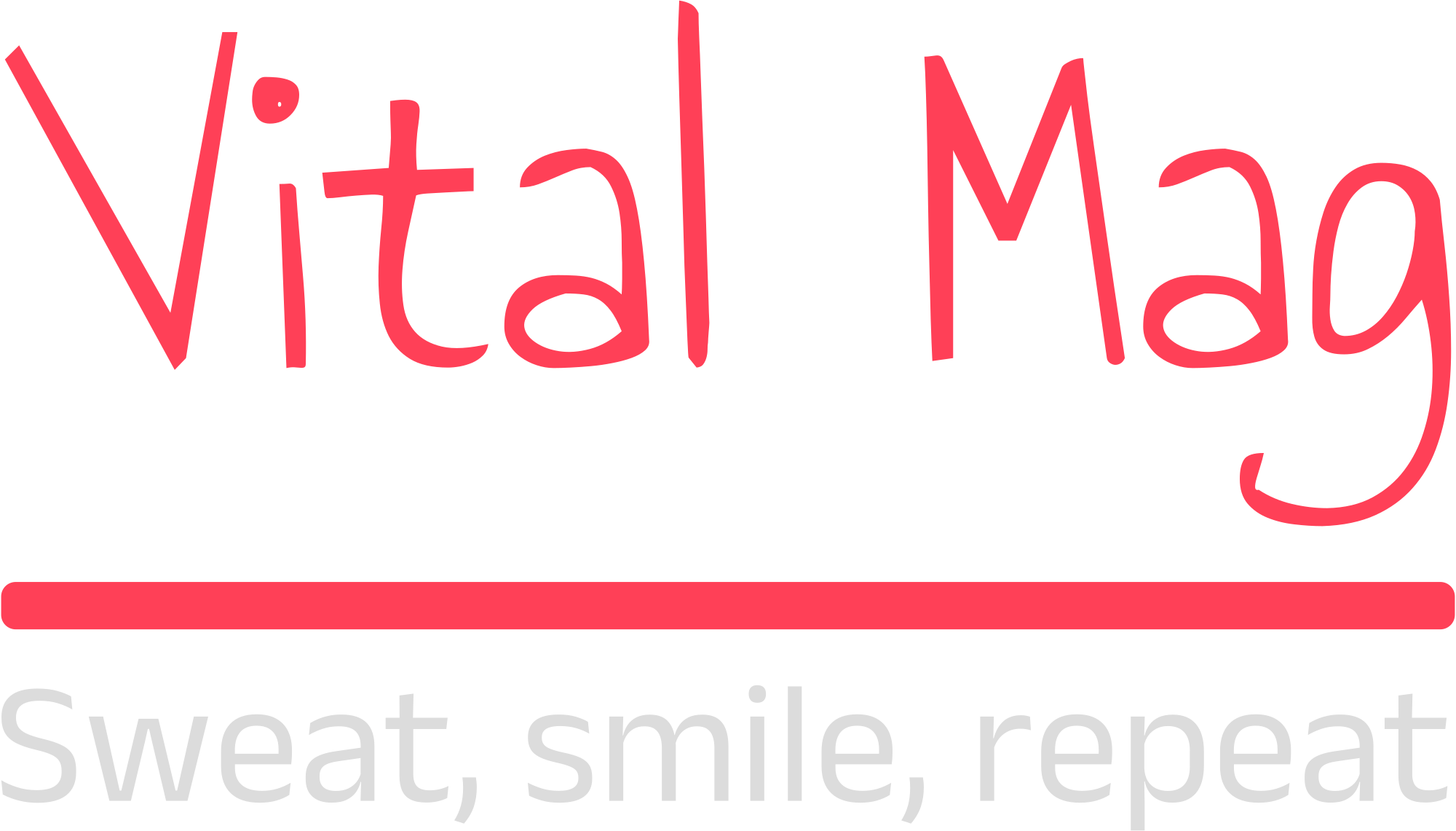Diet and Nutrition Advice
When it comes to diet and nutrition advice, it’s crucial to separate fact from fiction. With so much information out there, it’s easy to feel overwhelmed. In this article, I’ll provide you with practical tips and evidence-based guidance to help you make informed choices for a healthier lifestyle.
Navigating the world of diets and nutrition can be challenging, but it doesn’t have to be. From debunking common myths to exploring the latest trends, I’ll break down complex concepts into simple, actionable steps. Whether you’re looking to lose weight, improve your energy levels, or boost your overall well-being, I’ve got you covered with expert advice tailored to your needs.
Join me on this journey to discover the power of food as fuel and the impact it can have on your health. Get ready to transform your relationship with food and embrace a balanced approach to eating that nourishes both your body and mind.
Importance of Diet and Nutrition
Understanding the Basics
When it comes to diet and nutrition, Understanding the Basics is essential. It’s not just about counting calories; it’s about nourishing your body with the right nutrients to thrive.
Key Components of a Healthy Diet
A healthy diet consists of a variety of nutrient-rich foods. It should include fruits, vegetables, whole grains, lean proteins, and healthy fats to provide essential vitamins and minerals.
Benefits of Proper Nutrition
Proper nutrition is the foundation of good health. It boosts your immune system, supports healthy growth and development, and reduces the risk of chronic diseases. Investing in your diet now can lead to long-term health benefits.

Planning Your Diet
Setting Realistic Goals
When planning my diet, I always make sure to set realistic goals. Setting realistic goals helps me stay motivated and on track with my dietary habits. I focus on achievable objectives that align with my specific needs and lifestyle.
Meal Prepping Tips
One key strategy that has worked wonders for me is meal prepping. Meal prepping saves me time and ensures that I have nutritious meals ready to go. I dedicate a day each week to prepare meals in advance, making it easier to stick to my healthy eating plan throughout the week.
Tracking Your Progress
To keep myself accountable and motivated, I track my progress. Whether it’s using a food journal or a tracking app, monitoring what I eat helps me stay mindful of my dietary choices. Tracking my progress also allows me to see patterns and make adjustments as needed.
Best Foods to Include in Your Diet
Fruits and Vegetables
Including a variety of fruits and vegetables in your diet ensures you get essential vitamins and minerals. Opt for colorful options like berries, leafy greens, and bell peppers for maximum nutrients.
Lean Protein Sources
Incorporate lean proteins like chicken breast, turkey, eggs, and legumes. These foods are rich in protein and important for muscle growth and repair.
Healthy Fats
Don’t fear Healthy Fats like avocados, nuts, and olive oil. These fats are crucial for brain function and heart health.

Avoiding Common Diet Mistakes
Relying on Fad Diets
I know it’s tempting to try the latest diet trend for quick results, but fad diets often lack essential nutrients and are not sustainable in the long term.
Skipping Meals
When Skipping Meals, your body misses out on vital nourishment, leading to low energy levels and poor concentration. It’s essential to prioritize regular, balanced meals for overall well-being.
Overindulging in Processed Foods
Overindulging in Processed Foods high in sugar, salt, and unhealthy fats can negatively impact your health. Opt for whole, nutrient-dense foods to support your body’s needs.
Remember, a balanced and sustainable approach to diet and nutrition is key for long-term health and well-being.
Opting for a balanced and sustainable approach to diet and nutrition is key for long-term health and overall well-being. Avoiding fad diets, skipping meals, and overindulging in processed foods is crucial to maintaining energy levels and concentration. Prioritizing regular, balanced meals with whole, nutrient-dense foods can positively impact your health. Remember, small, consistent changes in your diet can lead to significant improvements in your overall health and quality of life. Stay mindful of what you eat, listen to your body’s needs, and make informed choices to support your well-being.

Ann is a beacon of inspiration and knowledge in the health blogging community, known for her holistic approach to wellness that combines mindful nutrition, balanced fitness routines, and mental health awareness. With a passion for empowering her readers to achieve their healthiest selves, Ann shares practical advice, easy-to-follow recipes, and personal anecdotes that make navigating the journey to wellness accessible and enjoyable.

